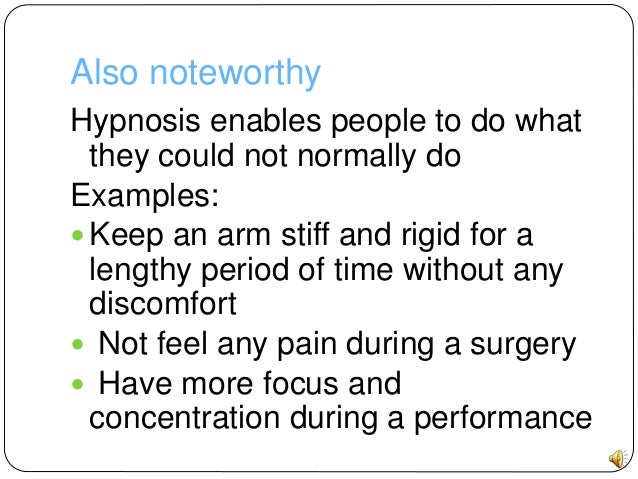
The definition of preoperative anxiety is “an unpleasant state of uneasiness or tension that is secondary to a patient being concerned about a disease, hospitalization, anaesthesia and surgery, or the unknown”. patients undergoing cardiac surgery.Īnxiety, pain and fatigue are important factors influencing the recovery of patients after surgery. The aim of this study is to better understand the use of non-pharmacological approaches to reduce anxiety among patients in intensive care units (ICUs), and their potential clinical benefits in one specific population of patients, i.e. Study anticipated completion date: December 28, 2020. This study will help to expand knowledge on the application of virtual reality, hypnosis and VRH in the specific context of cardiac and intensive care procedures, and the influence of these non-pharmacological techniques on patient’s anxiety, fatigue, pain and phenomenological experience. Physiological assessments will be made on the monitor and patients will rate their levels of anxiety, fatigue, pain, absorption and dissociation. Each patient will receive two sessions of one of the techniques: one the day before the surgery and one the day after. Patients (n = 100) undergoing cardiac surgery at the Liège University Hospital will be randomly assigned to one of four conditions (control, hypnosis, VR or VRH).

With the goal to improve our understanding of VRH combination effects, it is necessary to conduct randomised and controlled research trials in order to understand their clinical interest and potential benefits. A new technique called virtual reality hypnosis (VRH), which encompasses a combination of both tools, is regularly used although its benefits and underlying mechanisms remain unknown to date.

Different non-pharmacological techniques, including hypnosis and virtual reality (VR) are currently used as complementary tools in the treatment of anxiety, acute and chronic pain.


 0 kommentar(er)
0 kommentar(er)
